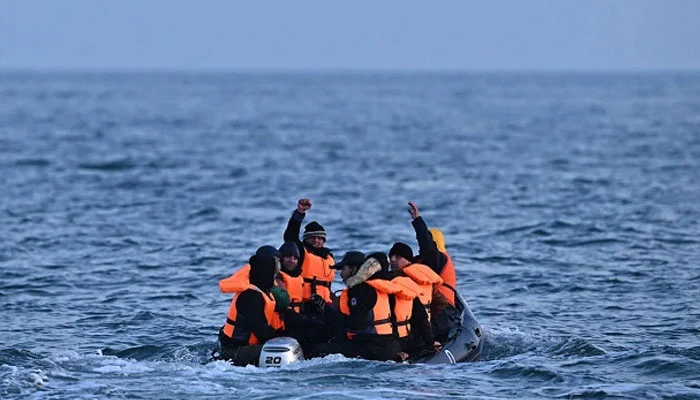Over 100 Migrants Dead or Missing After Boat Disasters Off Libya
September 18, 2025
Tripoli: More than 100 people, mostly Sudanese refugees, are feared dead or missing after two separate boat tragedies off the coast of Libya last weekend, according to the United Nations refugee agency (UNHCR) and the International Organization for Migration (IOM).
Two Deadly Incidents in the Mediterranean
The first incident took place on Saturday when a boat carrying 74 migrants, mostly from Sudan, capsized near the eastern port city of Tobruk. According to UNHCR, only 13 people survived, while dozens remain unaccounted for.
On Sunday, a second vessel — a rubber boat with 75 Sudanese refugees on board — caught fire while attempting to reach Greece. The IOM reported that at least 50 lives were lost, while 24 survivors were given immediate medical assistance.
Rising Death Toll on Migrant Routes
The central Mediterranean remains one of the deadliest migration routes in the world. Between January 1 and September 13, 2025, at least 456 people lost their lives and 420 others were reported missing along this route, IOM figures show.
In 2024 alone, 2,573 migrants attempting to reach Europe died in the Mediterranean Sea.
Libya’s Role as a Transit Hub
Libya continues to serve as a major departure point for migrants seeking safety and better opportunities in Europe. This year, Libyan authorities have intercepted and returned 17,402 migrants, including 1,516 women and 586 children.
The ongoing conflict in neighboring Sudan has further worsened the situation. Since the outbreak of war between the Sudanese army and paramilitary forces, more than 140,000 Sudanese refugees have crossed into Libya, nearly doubling the refugee population in the country over the past two years.
Humanitarian Concerns
Many migrants in Libya face extremely harsh conditions, including detention, extortion, and forced labor, according to rights groups. Despite the risks, many still attempt the perilous sea crossing, often with the help of smugglers who exploit the country’s instability.
Libya has remained divided since the 2011 uprising that toppled former leader Muammar Gaddafi, with rival administrations in the east and west vying for control. This ongoing instability has created opportunities for human trafficking networks to thrive.
Call for Action
Humanitarian organizations continue to urge stronger international cooperation to protect migrants and provide safer legal pathways to migration. The UNHCR and IOM stress that immediate steps are needed to prevent further tragedies in the Mediterranean.

